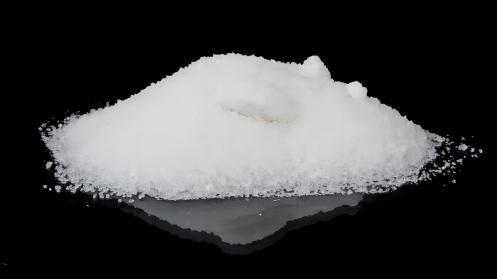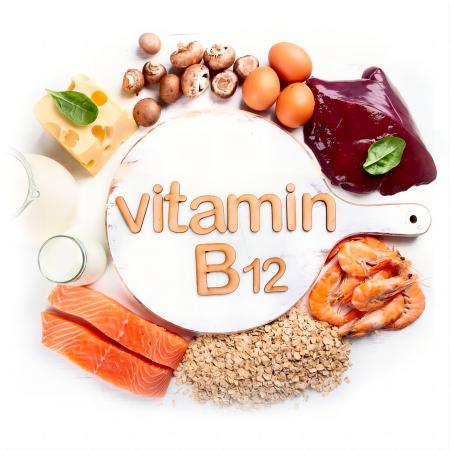Potassium Chloride: Use, Toxicity and Benefits
Nov 21,2022
Potassium chloride, also known as potassium muriate and sylvite, is a colorless crystalline solid with a salty taste that melts at 776°C (1420℉). It is soluble in water, but insoluble in alcohol.

Uses
Potassium chloride can be applied in the food and medical industry. As a treatment for hypokalemia, potassium chloride pills are taken to balance the blood's potassium levels and prevent potassium deficiency in the blood. In the food industry, it serves as an electrolyte replenisher and an excellent salt substitute for food, as well as a firm agent to give consistent texture to food, thus to strengthen its structure. Potassium chloride is also to serve as a fertilizer, which offers potassium to plants and prevents them from certain diseases.
Toxicity
The typical amounts of potassium chloride found in the diet appear to be mostly safe. In larger quantities, however, potassium chloride is toxic. The LD50 of orally ingested potassium chloride is approximately 2.5 g/kg, or 190 grams (6.7 oz) for a body mass of 75 kilograms (165 lb). In comparison, the LD50 of sodium chloride (table salt) is 3.75 g/kg.
Intravenously, the LD50 of potassium chloride is considerably smaller, at about 57.2 mg/kg to 66.7 mg/kg. This is found by dividing the lethal concentration of positive potassium ions (about 30 to 35 mg/kg) by the proportion by mass of potassium ions in potassium chloride (about 0.52445 mg K+/mg KCl).
Benefits
The human body needs potassium to work accurately. Potassium helps Trusted Source muscle construction, nerve function, and heartbeat regulation. It also helps cells to function properly.
A diet rich in potassium can help reduce some of the harmful effects salt has on blood pressure.
Benefits of taking potassium chloride:
reducing high blood pressure
reducing the risk of developing heart disease and stroke
a reduction in salt consumption when used as a substitute
- Related articles
- Related Qustion
- What is the color of Potassium Chloride in a flame test? Jan 25, 2024
Potassium chloride (KCl), ionic compound whose molecules consist of one potassium atom and one chlorine atom. It produces a lavender or light purple color when burned in a flame test.
- What is potassium chloride? Nov 18, 2019
To be sure potassium chloride is helping your condition, your blood may need to be tested often. Your heart rate may also be checked using an electrocardiograph or ECG (sometimes called an EKG) to measure electrical activity of the heart. T
The passage introduces the toxicity and safety of Cyclohexanone.....
Nov 21,2022Pesticide IntermediatesPotassium chloride
7447-40-7You may like
Potassium chloride manufacturers
- Potassium chloride
-

- 2025-12-15
- CAS:7447-40-7
- Min. Order:
- Purity: 0.99
- Supply Ability:
- potassium chloride
-

- $10.00 / 25kg
- 2025-12-11
- CAS:7447-40-7
- Min. Order: 1kg
- Purity: 99.5%
- Supply Ability: 100
- Potassium chloride
-

- $100.00/ kg
- 2025-12-10
- CAS:7447-40-7
- Min. Order: 1kg
- Purity: 99%
- Supply Ability: 5000






